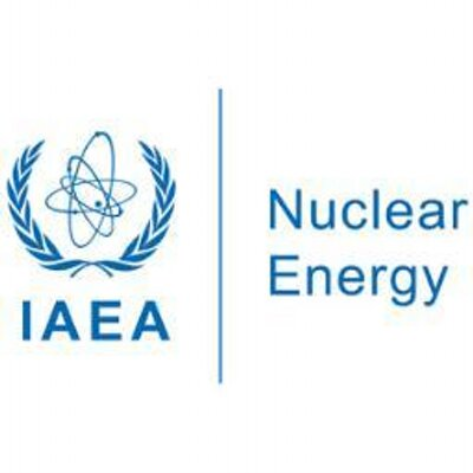
The first two-week course
was attended by 26 teachers from 17 countries. The course comprised
presentations, laboratory work and technical visits to Indonesia's National
Atomic Energy Agency (Batan). It also served a good opportunity for teachers
from different countries to network and exchange experiences in teaching. The
IAEA said the course marks the first time that it had formally engaged with the
secondary education teaching community.
The participants were
introduced to diverse methods of teaching nuclear science and technology to
children aged 12-18 in an effective and engaging manner. The IAEA said it hoped
the attendees will become mentors to other teachers in their countries.
"This way, the project aims to reach one million students by 2021,"
it said.
Sunil Sabharwal, a radiation
processing specialist at the IAEA, said: "The idea is to introduce
teachers to the link between the key role being played by nuclear science in
enhancing the quality of our everyday life and the simple nuclear concepts being
taught in schools as well as to provide them with innovative methods to deliver
this knowledge to students through academic as well as extra-curricular
approaches."
Following the course,
Jordanian teacher Amal Al-Khassawneh said, "The training course provided
me with the necessary confidence, courage and knowledge to talk about the real
facts of nuclear science with students."
The course followed a
Regional Workshop on Curriculum Development and Launching of Nuclear Science
and Technology for Secondary Schools that took place in the Philippines in
February. During an earlier workshop, in Japan, a regional nuclear science and
technology competency framework was established that serves as reference for
national educational curriculums. The IAEA said the competency framework was
crucial in the preparation of the training course in Indonesia.
The next regional training
course for secondary school teachers will take place at the Argonne National
Laboratory in the USA in August. The following four will take place in Japan,
the Philippines, Malaysia and Australia this year and next.
Between 2012 and 2016, the
IAEA and experts from Australia, India, Israel, Japan, South Korea and the USA
developed a compendium that collects unique teaching strategies and materials to
introduce science and technology in education systems across Asian countries.
This compendium was piloted in Indonesia, Malaysia, the Philippines and the UAE
and reached 24,000 students. The IAEA said the pilot demonstrated that students
"were more receptive to learning about nuclear science and technology when
teachers used a diverse set of methods, which also increased their
problem-solving skills".
The IAEA said an updated
version of the compendium will be prepared over the coming years.
Posted on :
Aug 14, 2018